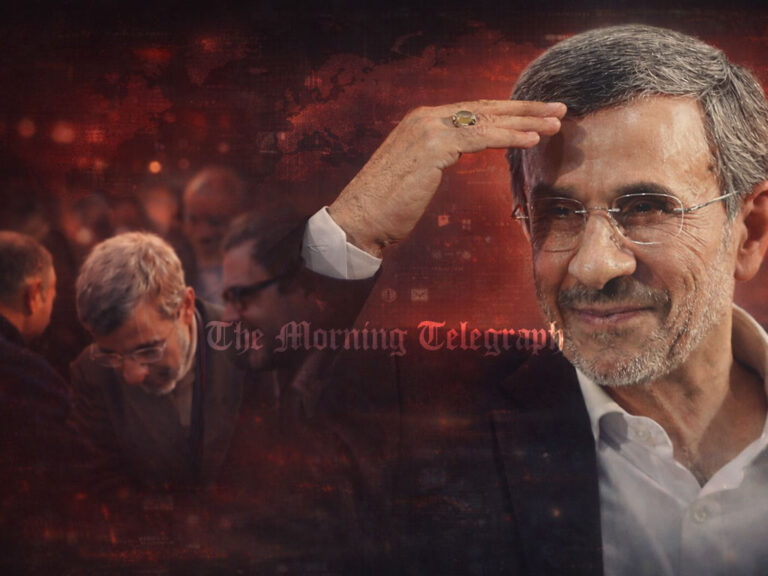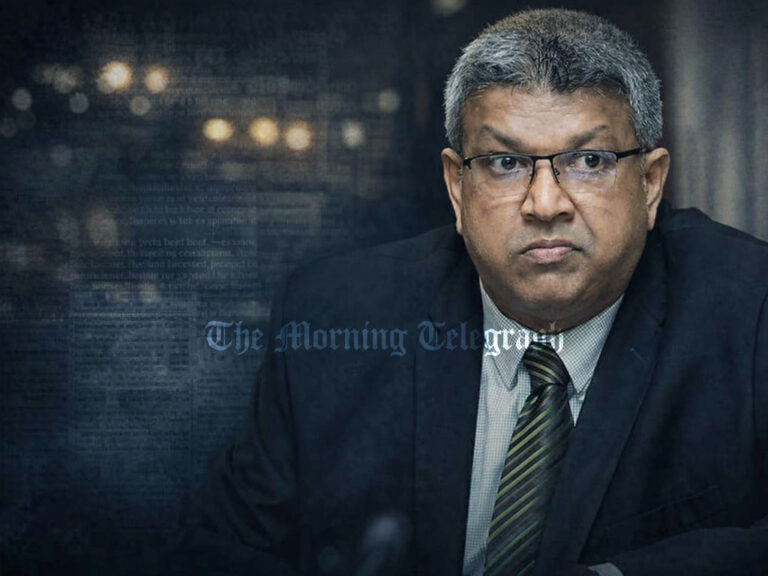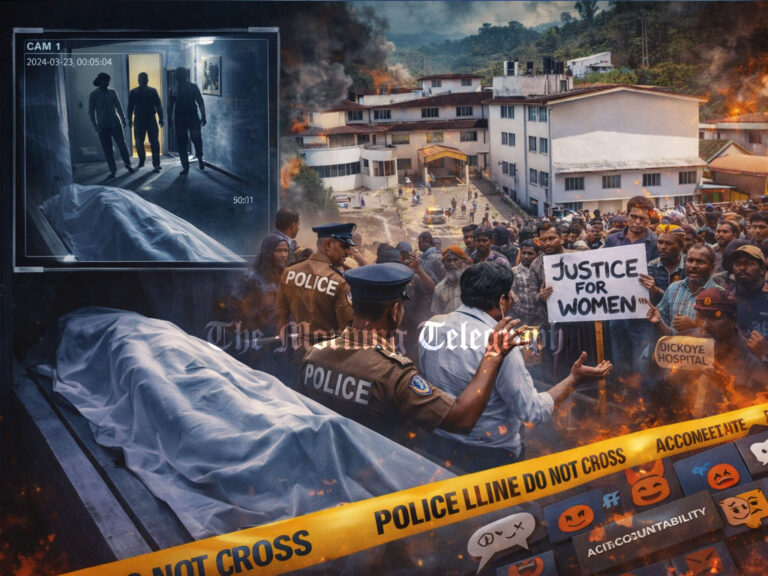
Six years after the Easter Sunday bombings that shattered Sri Lanka on April 21, 2019, the country is once again in mourning—and in search of closure. As Christian communities commemorate the lives lost, the Catholic Church prepares to announce a significant gesture of faith, while long-standing calls for justice remain unanswered.
At exactly 8:45 a.m. on that fateful Easter morning, a series of suicide bombings struck three Christian churches—St. Anthony’s Shrine in Kochchikade, St. Sebastian’s Church in Negombo, and Zion Church in Batticaloa—alongside three luxury hotels in Colombo. The attacks, carried out by an Islamic extremist group, claimed over 270 lives and injured more than 500 others, leaving deep scars across the country.
Today’s commemorations were held across the island, focusing particularly on churches. The main remembrance ceremony was held at St. Anthony’s Church in Kochchikade under the patronage of Archbishop Malcolm Cardinal Ranjith. Religious leaders, ambassadors, survivors, and family members of victims gathered in solemn unity.
“Six years later, the pain remains fresh,” said Father Jude Crishantha Fernando, Director of Public Relations for the Archdiocese. “But this year also brings a sense of hope.”
At 8:45 a.m., bells tolled and a two-minute silence was observed in churches, temples, and mosques across the nation—an act of interfaith solidarity. Later this evening, at 5:30 p.m., Cardinal Ranjith is expected to formally announce the Vatican’s recognition of the Easter Sunday victims as witnesses of faith during a special mass. The recognition by the Vatican is a spiritual milestone for the Catholic community, elevating the memory of the victims beyond national mourning to global reverence.
Meanwhile, the government has imposed temporary road closures in the Colombo suburb of Kotahena due to a commemorative procession from St. Lucia’s Cathedral to St. Anthony’s Church. Police confirmed that several roads in the Coastal Division would be closed from 7:00 a.m. to 11:45 a.m., urging the public to use alternative routes to avoid congestion.
Despite the symbolic weight of the day, many of the central questions surrounding the attacks remain unresolved. Who truly orchestrated the bombings? Were they preventable? Why, six years later, has there been no credible conclusion to the investigations?
Victims’ families and faith leaders have repeatedly called for a transparent, independent probe into the attacks. Cardinal Ranjith himself has been vocal in his criticism of the state’s handling of the case, alleging political interference and systemic negligence.
As the bells rang out across Sri Lanka this morning, they were not only a call to remembrance—but a call to action. Six years on, the victims are being remembered not only in prayer but in a renewed demand for truth, accountability, and a future where such violence can never happen again.




